A soap scent can help repel mosquitoes. Studies show that coconut scent can be more effective in keeping mosquitoes away. Experts believe that this smell is more effective than DEET. Scientists found out that a person’s odor is a combination of at least 350 chemicals. Various ratios of these compounds can make individuals less or more attractive to mosquitoes. Below are the details on how the right soap scent can repel these insects.
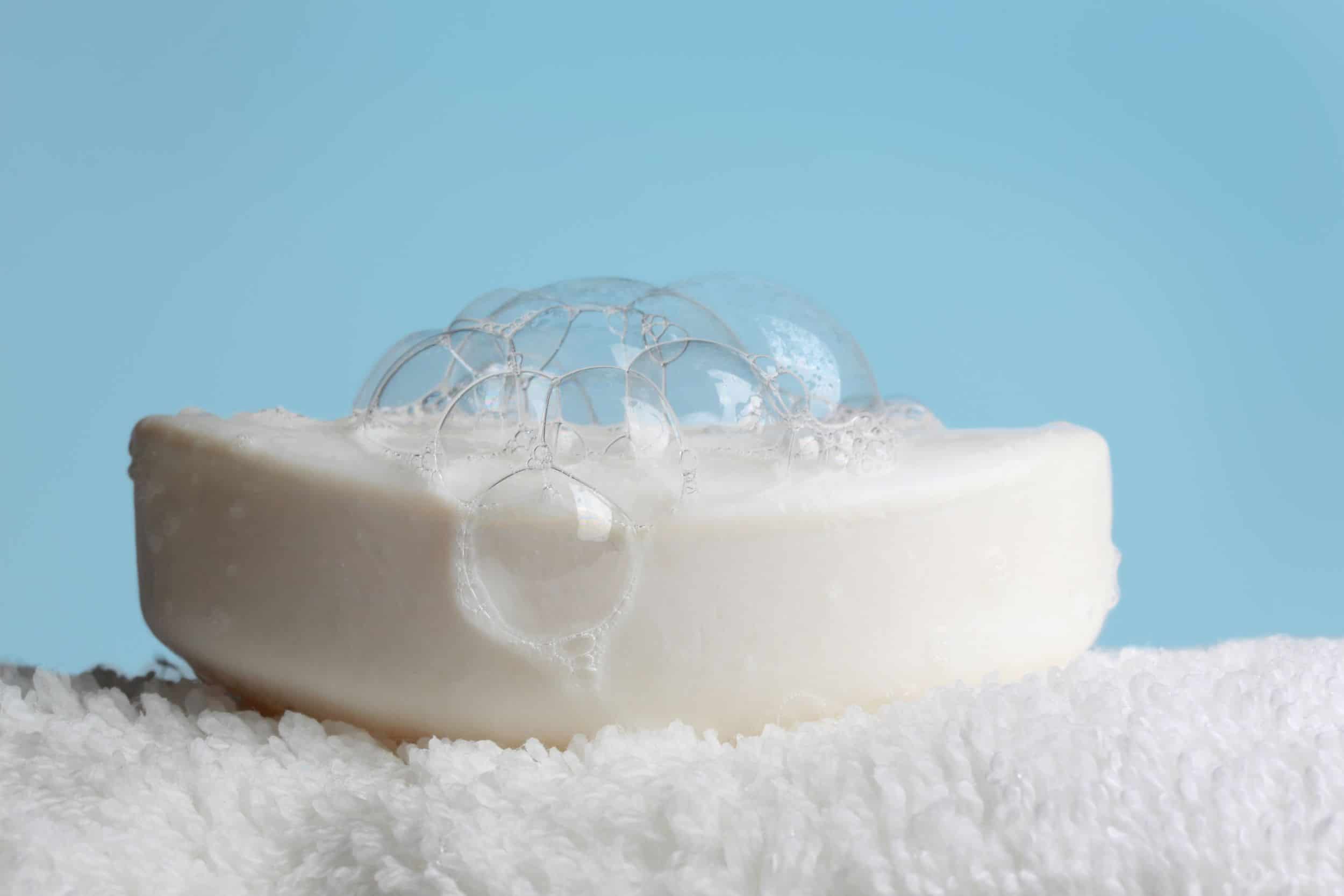
The Floral Soap Scent
Mosquitoes generally feed on flowers that have a sweet scent. The females also do this while they are resting from having blood meals. When you use flower-scented soaps and perfumes, you confuse mosquitoes. You make it difficult for them to distinguish between plants and humans. The floral scent on your skin tells them that their source of nectar and blood has the same smell.
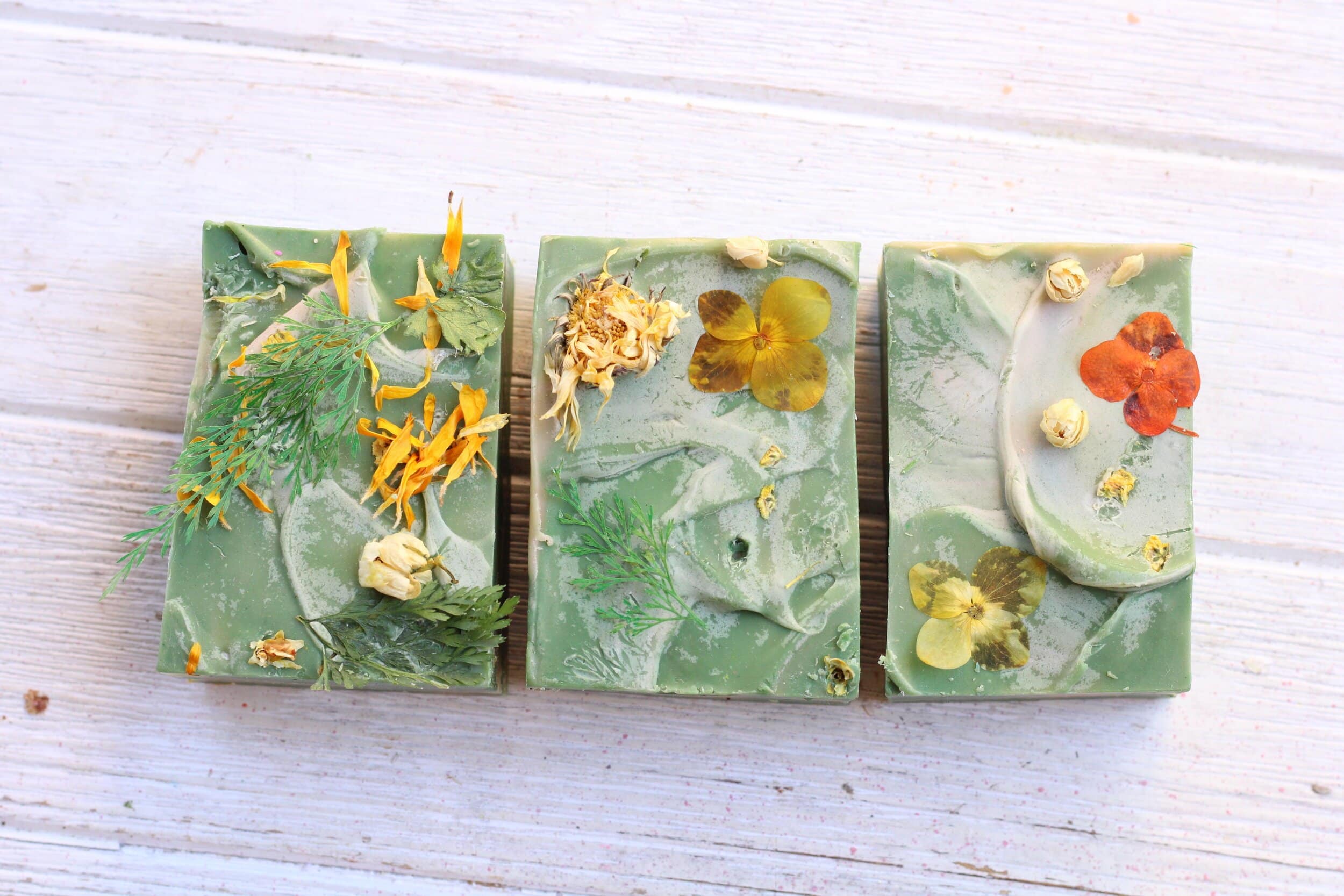
There are many factors that make your scent unique. Your body produces chemicals in different amounts. There are chemicals that come from the bacteria that live on and inside the body. Each person produces the same chemicals but in various amounts. Some chemical combinations have different variables that change your mosquito magnetism. Illness, pregnancy, and daily exercise, as well as beer drinking, are the most common ones. Your use of lotions, perfumes, and soaps also play different roles.
The Citrus Scent
It may surprise soap consumers that the citrus soap scent component in some products called limonene attracts mosquitoes. One study showed that the Aedes aegypti species was attracted to it. Arms were washed with these soaps and then produced terpene, which makes you more attractive to mosquitoes. The strange thing was that terpene is a repellent. This shows that mosquitoes are picking up something more complicated than just the soap scent.
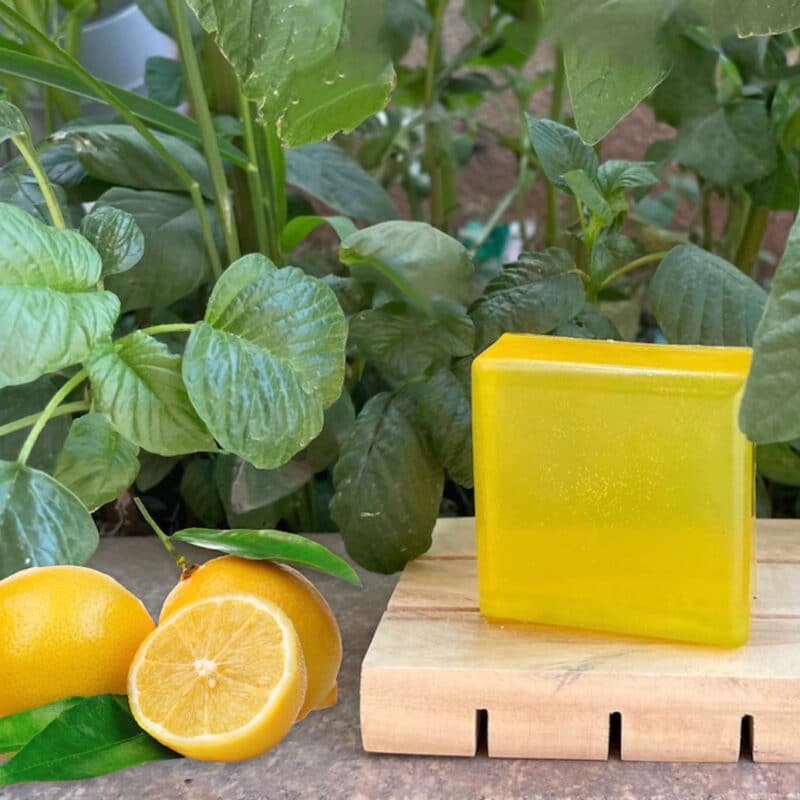
The Coconut Soap Scent
Scientists investigated different scented soaps that can possibly make people less or more attractive to mosquitoes. They found out that it is not as simple as finding the right soap scent. It is all about the interplay of these products with the human body odor. This makes things more complicated. That is why scientists are focusing on how soap compounds combine with a person’s body chemicals. Coconut soap scent seems to repel mosquitoes. Citrus turns out to attract them.
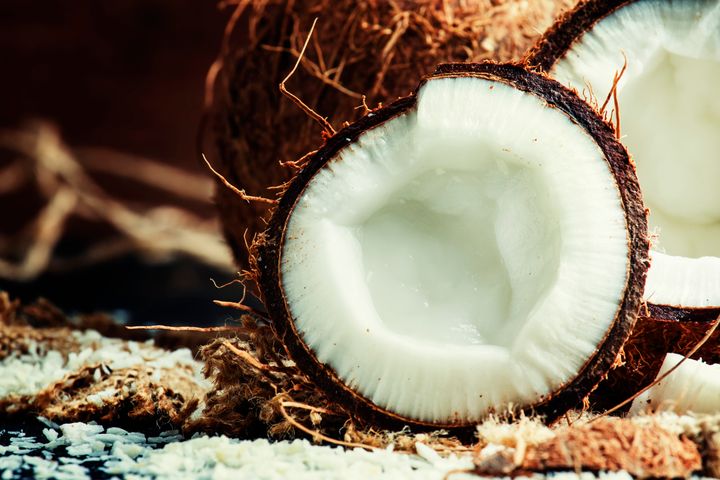
The Compounds in Coconut Oil
Scientists of the USDA-Agricultural Research Service discovered that coconut oil fatty acids have long-lasting effectiveness in repelling bed bugs, biting flies, ticks, and mosquitoes. They extracted compounds from coconut oil that proved to be more efficient than DEET in keeping blood-feeding insects at bay. DEET has long been regarded as the most effective repellent. But there are increasing concerns about the use of such synthetic repellents.
The need for more effective, natural mosquito repellents. Coconut oil has fatty acids that can repel biting insects. It can last for about two weeks as well. Because of this, coconut oil can cut down the cases of mosquito-borne diseases. The fatty acid mixture that consists of caprylic acid, lauric acid, and capric acid, with their methyl esters, can repel blood-feeding insects.
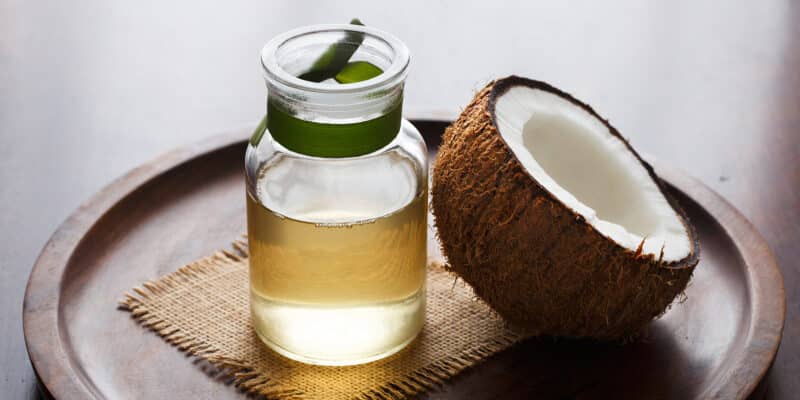
Soap scent is not enough to repel mosquitoes. It’s the combination of the soap scent and the chemicals that your body produces. If the resulting soap scent is citrus or floral, you will attract mosquitoes. Coconut compounds seem to be the most effective organic repellent that you can have. Extracting the repellent compounds in coconut oil and placing them in a soap scent can help keep mosquito bites away.